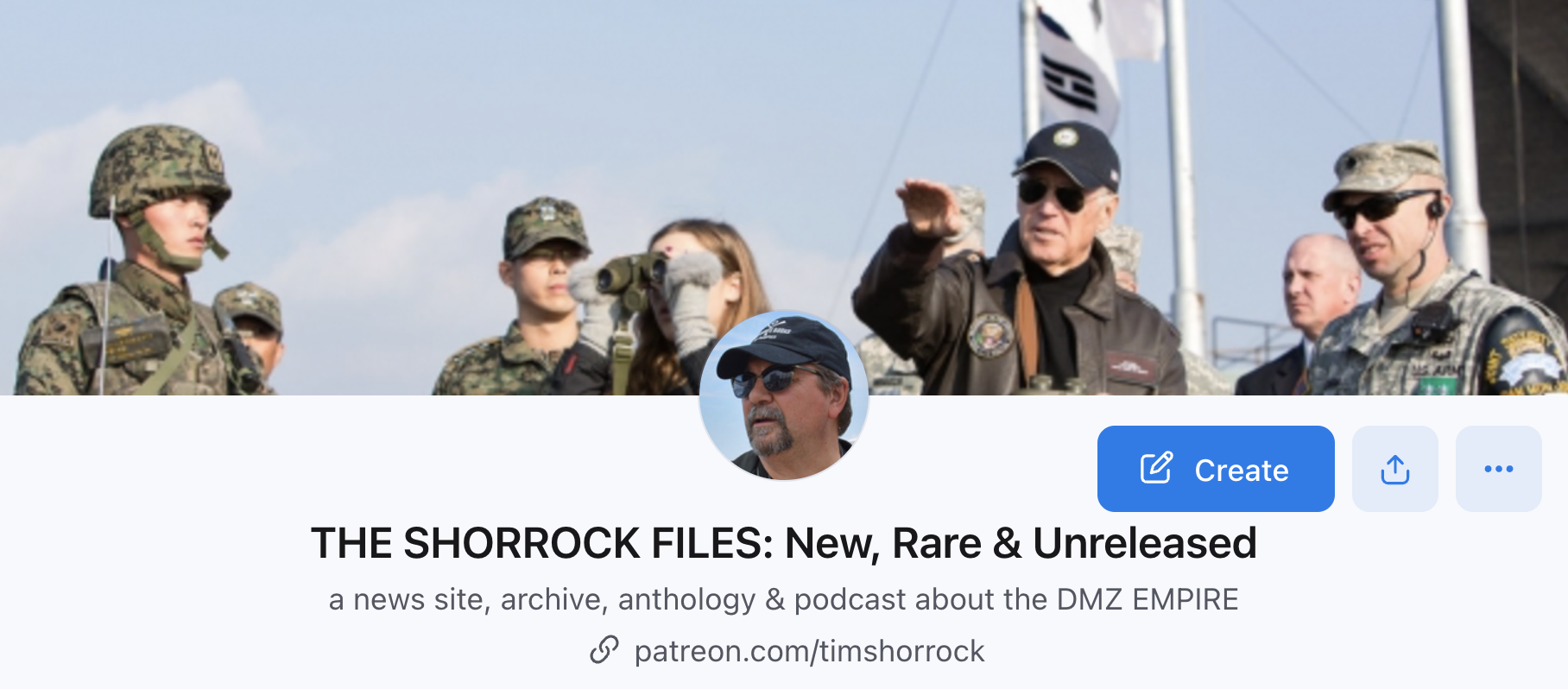Just posted. An excerpt:
To be sure, the Post did the public a huge favor by showing, in excruciating detail, just how massive our secret government has become since 9/11, how far it spreads geographically across the country, and how many citizens are involved in its highly classified work: 854,00 people, or 1.5 times the size of DC. In fact, its reporting on the sheer size of the security monolith made the lead-off story one of its best of the year. Plus it was intriguing to learn all that insider stuff, such as the existence of “Super Users” at the Pentagon — a highly select few with access to all black programs in the military — and to read one of them comment that he won’t “live long enough to be briefed on everything.”
But the Post should have stopped after Part One and given it a rest. Looking beyond the numbers and the choice quotes from Bob Gates, Leon Panetta and other high-ranking officials, the series is filled with the most pedestrian of reporting and reveals very little that is actually new about the privatized part of our national security state. It ended on Wednesday with an acutely boring piece about secret installations around DC that could have appeared in the real estate section (and will certainly not impress the Pulitzer judges looking for context and meaning). And when it came to reporting on intelligence contractors, the Post did not advance the story one iota. Indeed, I’m shocked at the paucity of new information and anecdotes.
For the full article, click here.


Tim Shorrock laid the groundwork for the Priest piece. He was not been properly credited by the Washington Post. Perhaps that oversight has been corrected, and if not, it should be. My own research into the legal issues and concerns surrounding cryptocommunication and the privatization of intelligence functions has led me time and time again to Mr. Shorrock’s work. It has been a lonely voice in the wilderness.
Priest correctly identifies the redundancy and waste that plagues efforts to secure the U.S. However, the central problem, one that haunt us for decades to come, is one that Priest didn’t address, but to which Greenwald and Shorrock seem acutely attuned.
An efficient security state is a far more dangerous place than an inefficient one. This is especially true when security functions are partially privatized. We have all the makings of a civil liberties disaster on our hands. Mr. Shorrock has documented it meticulously on his own for years, and now gives us the telling photo essay essay below.
An eventual efficient consolidation of intelligence community power into the ODNI, along with a fully realized USCYBERCOM will test a century of U.S. First and Fourth Amendment guarantees. USCYBERCOM is especially a problem as it will, by definition, be a military monitor of domestic cyberspace, and carries an implicit authority to conduct operations in the U.S..
Since January 2010, I have been writing on internet, law, and communication at platanalytics.com. In March, I began a series of protest and satire pieces directed at the intelligence industry, inspired by Greenwald and Shorrock. My logs reflect numerous and ongoing visits by intelligence agency users and bots, which culminated shortly after July 4th in what appeared to be an effort by the U.S. military to use SEO to suppress a satire image of the USCYBERCOM seal I had released and promoted on the 4th. The image had been emailed to private contractors Booz Allen and Northrup.
There is no time for lobbying, laws, or leverage now. This is what we have time to do: figure out how to actively subvert efforts to impose upon us a National Security State. Slow it down. Bother it. Resist it.
Tim – I really enjoyed your book “Spies For Hire” – it’s excellent, well documented and really deserves broad press coverage which I hope will come soon.
You might enjoy my comment on Mahnken’s piece – http://www.npr.org/templates/story/story.php?storyId=128688013#commentBlock
Many thanks!